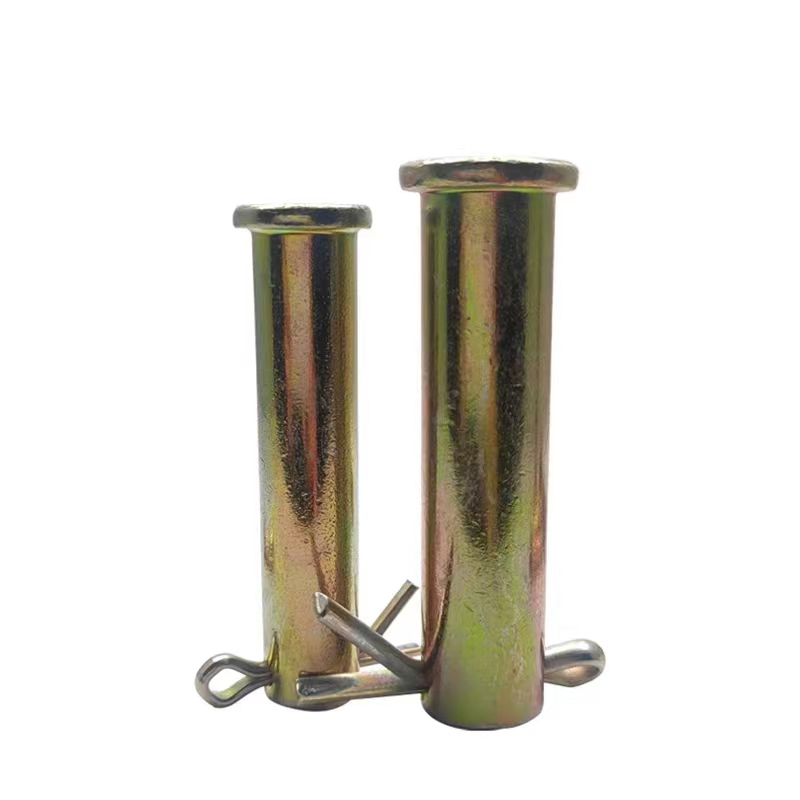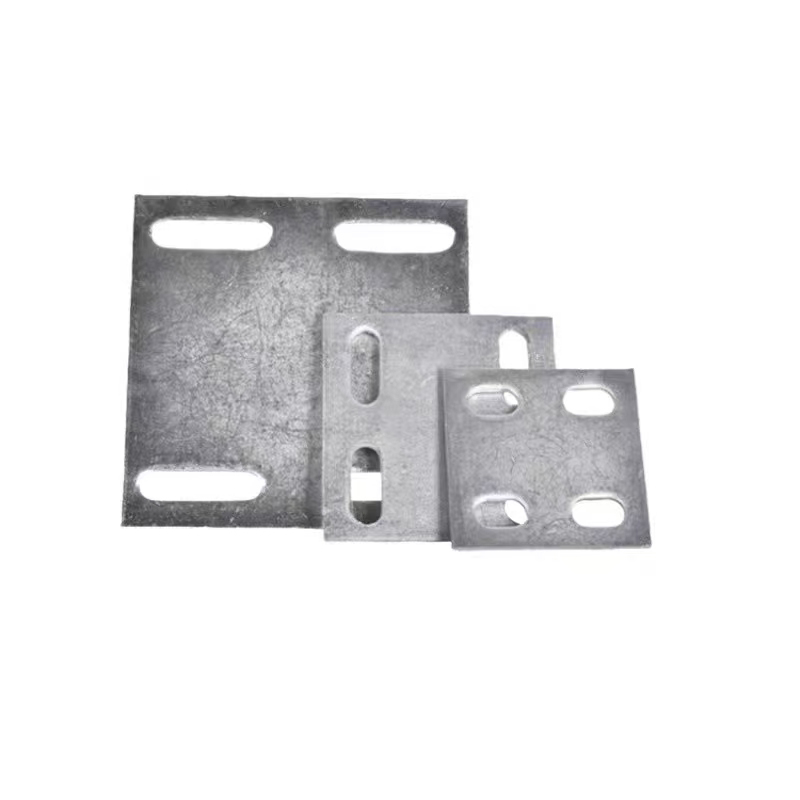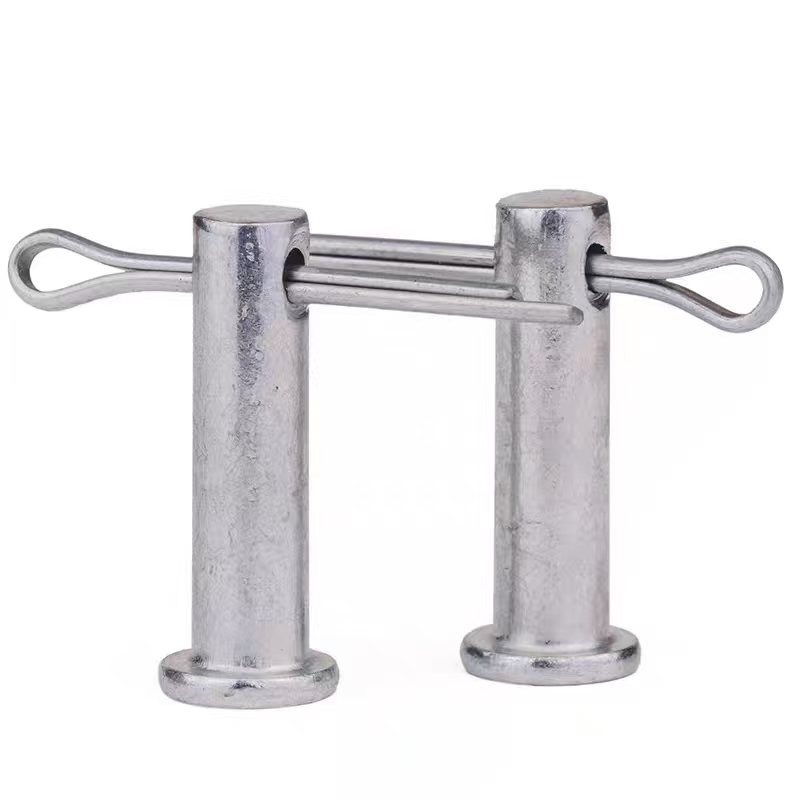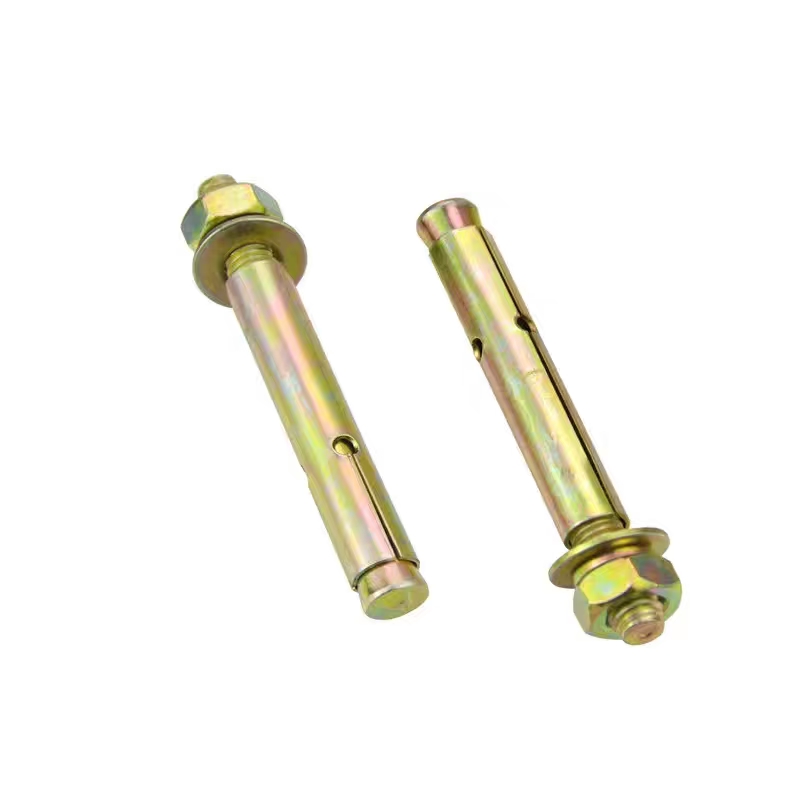- Chinese
- French
- German
- Portuguese
- Spanish
- Russian
- Japanese
- Korean
- Arabic
- Irish
- Greek
- Turkish
- Italian
- Danish
- Romanian
- Indonesian
- Czech
- Afrikaans
- Swedish
- Polish
- Basque
- Catalan
- Esperanto
- Hindi
- Lao
- Albanian
- Amharic
- Armenian
- Azerbaijani
- Belarusian
- Bengali
- Bosnian
- Bulgarian
- Cebuano
- Chichewa
- Corsican
- Croatian
- Dutch
- Estonian
- Filipino
- Finnish
- Frisian
- Galician
- Georgian
- Gujarati
- Haitian
- Hausa
- Hawaiian
- Hebrew
- Hmong
- Hungarian
- Icelandic
- Igbo
- Javanese
- Kannada
- Kazakh
- Khmer
- Kurdish
- Kyrgyz
- Latin
- Latvian
- Lithuanian
- Luxembou..
- Macedonian
- Malagasy
- Malay
- Malayalam
- Maltese
- Maori
- Marathi
- Mongolian
- Burmese
- Nepali
- Norwegian
- Pashto
- Persian
- Punjabi
- Serbian
- Sesotho
- Sinhala
- Slovak
- Slovenian
- Somali
- Samoan
- Scots Gaelic
- Shona
- Sindhi
- Sundanese
- Swahili
- Tajik
- Tamil
- Telugu
- Thai
- Ukrainian
- Urdu
- Uzbek
- Vietnamese
- Welsh
- Xhosa
- Yiddish
- Yoruba
- Zulu
- Kinyarwanda
- Tatar
- Oriya
- Turkmen
- Uyghur

viton gasket
The Versatility and Reliability of Viton Gaskets
Viton gaskets—often undervalued until you really need that dependability in a seal. You might assume all gaskets are on equal footing, but those in the industry know better. It's the heat, chemical resistance, and durability where Viton comes into its own.
Understanding Viton Gaskets
Let's get one thing clear. When we say Viton gasket, we're talking about a material that isn't just another grade of rubber; it's a fluoroelastomer known for its remarkable properties. The go-to choice for demanding applications—chemical industry, automotive, you name it.
I've seen many overlook the importance of specifying the right gasket material. The mistake becomes evident when you encounter failures—leaks, breakdowns, the works. With Viton gaskets, these worries reduce significantly, thanks to their exceptional thermal stability and resistance to aggressive chemicals commonly found in oils and fuels.
One peculiar challenge is the initial setup. Viton doesn't come cheap, so justifying the upfront cost can be tough unless you're directly involved with the maintenance and understand the long-term savings on offer. It's about looking at performance over time, not just the immediate hit.
Missteps in Material Selection
I had an experience with a client who switched from a generic rubber gasket to Viton after a catastrophic seal failure in a critical line. The downtime alone was enough to convince them; but seeing the performance of Viton in action sealed the deal, pun intended.
This brings up a key point: educate your team about the properties of materials. I've seen engineers—good ones too—underestimate the importance of matching the material to the job. Mistakes in material selection can be costly, both in time and budget.
Most folks don't realize how many types of fluoroelastomers exist, each with its own nuances. Talking directly with suppliers like Handan Zitai Fastener Manufacturing Co., Ltd., who know their products, can help bridge that knowledge gap. They've got the expertise and they’re right there in the heart of China's industrial belt.
Case Study: Chemical Industry Applications
Working with chemical processes? That’s where Viton really shines. Its resistance to high temperatures and aggressive chemicals makes it indispensable. I've seen it used in settings where lesser materials fall apart quickly, leading to unsafe conditions and wasted resources.
Take a chemical plant I consulted for—Viton was their line of defense in sealing storage tanks with aggressive solvents. The stability it provides? Simply unmatched. They're no longer worried about leaks, which were making operations dangerous and costly.
Such applications demand precision, and you cannot afford to cut corners. Yes, parts of the chemical industry might be about cost-cutting, but safety and compliance? That’s non-negotiable. Use Viton, and you’re buying peace of mind.
Viton vs Other Elastomers
You might wonder, why not use cheaper elastomers like EPDM? Fair question. EPDM has its place; it's good for water and some chemicals, but when you step into hydrocarbon territories, it's a different story—one that doesn't end well for EPDM.
Viton’s compatibility with a wider range of chemicals is legendary. Think about transportation within complex systems, from storage to output without a hiccup. I've witnessed firsthand the costly errors of cleaning up after an EPDM failure. Those incidents, you don’t forget.
Now, this isn’t to say Viton is invincible—it's not. What I’m emphasizing is weighing your options carefully, considering the operating environment, and then choosing based on need, not just cost.
Real-World Applications and Lessons
In industrial settings where precision is key, say aerospace, for example, specifying Viton might save significant time and effort later. Still, mistakes happen; once a colleague ordered the wrong durometer. Not a small mistake. Lesson? Always check twice.
Product dimensions, operating conditions, material compatibility—I've seen teams lose days to what was essentially a simple oversight. Handan Zitai, with their ample experience, supports by providing accurate specifications and consultation, streamlining processes for companies reliant on their components.
Ultimately, choosing the right material involves understanding your application thoroughly. You're not just buying a Viton gasket; you're investing in reliability, safety, and long-term efficiency. Always do your homework, consult with experts, and don't skimp on quality—your operations depend on it.
Related products
Related products
Best selling products
Best selling products-
 Black zinc plated hinge bolts
Black zinc plated hinge bolts -
 T-bolt (T-slot bolt)
T-bolt (T-slot bolt) -
 Anti-loosening nut (locking nut)
Anti-loosening nut (locking nut) -
 Colored zinc-plated pins
Colored zinc-plated pins -
 Electro-galvanized countersunk cross bolts
Electro-galvanized countersunk cross bolts -
 Colored zinc-plated nuts
Colored zinc-plated nuts -
 Electrogalvanized nuts
Electrogalvanized nuts -
 Hot-dip galvanized embedded plate
Hot-dip galvanized embedded plate -
 Hexagon socket hot-dip galvanized bolts
Hexagon socket hot-dip galvanized bolts -
 Colored zinc-plated expansion hook
Colored zinc-plated expansion hook -
 Electrogalvanized pins
Electrogalvanized pins -
 Electroplated galvanized flange nut (flange face nut)
Electroplated galvanized flange nut (flange face nut)















